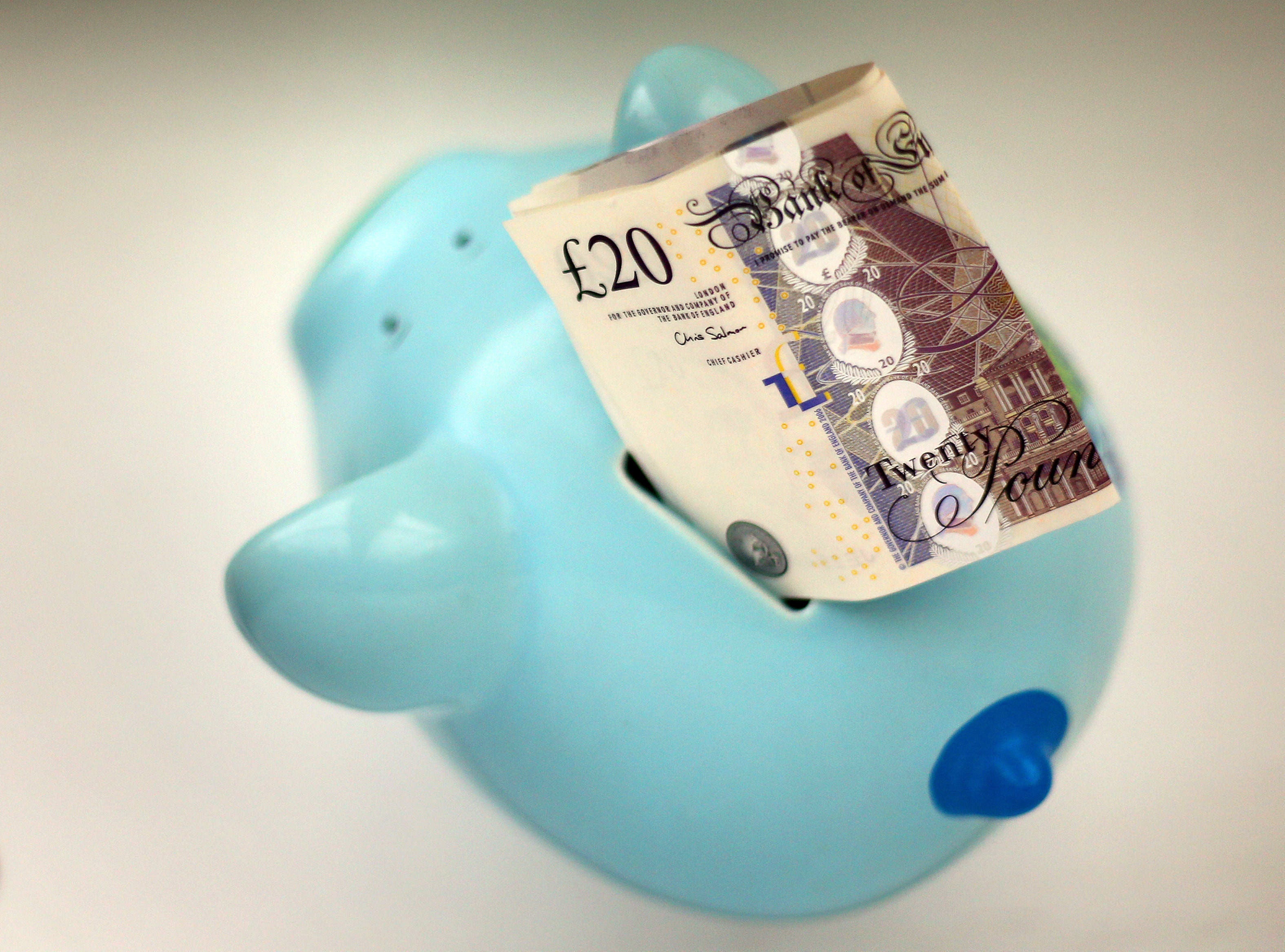£10,000 in cash ‘could be worth just £8,500 in today’s money in five years’
Three-quarters of Isa savers tend to hold their money in cash Isas, according to Aviva.

Your support helps us to tell the story
From reproductive rights to climate change to Big Tech, The Independent is on the ground when the story is developing. Whether it's investigating the financials of Elon Musk's pro-Trump PAC or producing our latest documentary, 'The A Word', which shines a light on the American women fighting for reproductive rights, we know how important it is to parse out the facts from the messaging.
At such a critical moment in US history, we need reporters on the ground. Your donation allows us to keep sending journalists to speak to both sides of the story.
The Independent is trusted by Americans across the entire political spectrum. And unlike many other quality news outlets, we choose not to lock Americans out of our reporting and analysis with paywalls. We believe quality journalism should be available to everyone, paid for by those who can afford it.
Your support makes all the difference.Three-quarters of Isa savers favour keeping their money in cash, even though £10,000 in cash could be worth just £8,500 in today’s money in five years’ time, according to research.
Seven in 10 (71%) people said they were still managing to save at least some money each month, despite the surge in living costs eating into their budgets, Aviva found.
Aviva said 75% of Isa savers tend to keep their savings in cash. But it calculated that £10,000 in cash may be worth only about £8,500 in today’s money in five years’ time, if inflation moves in line with Office for Budget Responsibility (OBR) expectations.
The calculation does not factor in any interest that people may earn on their cash savings, which would offset at least some of the decline in value.
Investing in the stock market can be a way for people to grow bigger savings pots over time than keeping their money in cash – although the value of stocks and shares can go down as well as up and people may end up with less money than they put in.
Clearly the cost of living squeeze means that not everyone can afford to save anything right now, but those with a little extra to spare can often make their savings work much harder for them
One in six (15%) savers felt it was easier to pay into the cash Isa they already have, and just over one in 10 (11%) said they would worry they would not be able to withdraw the money from a stocks and shares Isa if they needed it.
Stocks and shares Isas are available which will allow investors to save small amounts and withdraw their money at any time, although if someone takes their money out when markets are on a downward turn they could end up making any losses permanent.
Some 3,000 people were surveyed across the UK.
Aviva’s study indicated the three most important features for investors on any of their savings are a good return; the ability to draw money out at any time; and low fees and charges.
The ability to save small amounts of money each month was also important to a fifth (21%) of people, according to the survey carried out ahead of the new tax year which starts on April 6.
Richard Kelsall, senior propositions manager at Aviva said: “There is a natural nervousness about investing in the stock market right now, but there is equally a lot of confusion about what a stocks and shares Isa can and cannot offer you.
“It is more than 30 years since we last saw inflation at its current level and so for many, today’s rising prices are a distant memory and for some it is entirely new, uncharted territory.
“Clearly the cost of living squeeze means that not everyone can afford to save anything right now, but those with a little extra to spare can often make their savings work much harder for them.”
He added: “Overall, a portfolio of different types of assets is generally considered to be balanced and robust enough to provide good returns over the longer term. It’s also vital to shop around for the best deal and take advantage of the tax allowances available.”